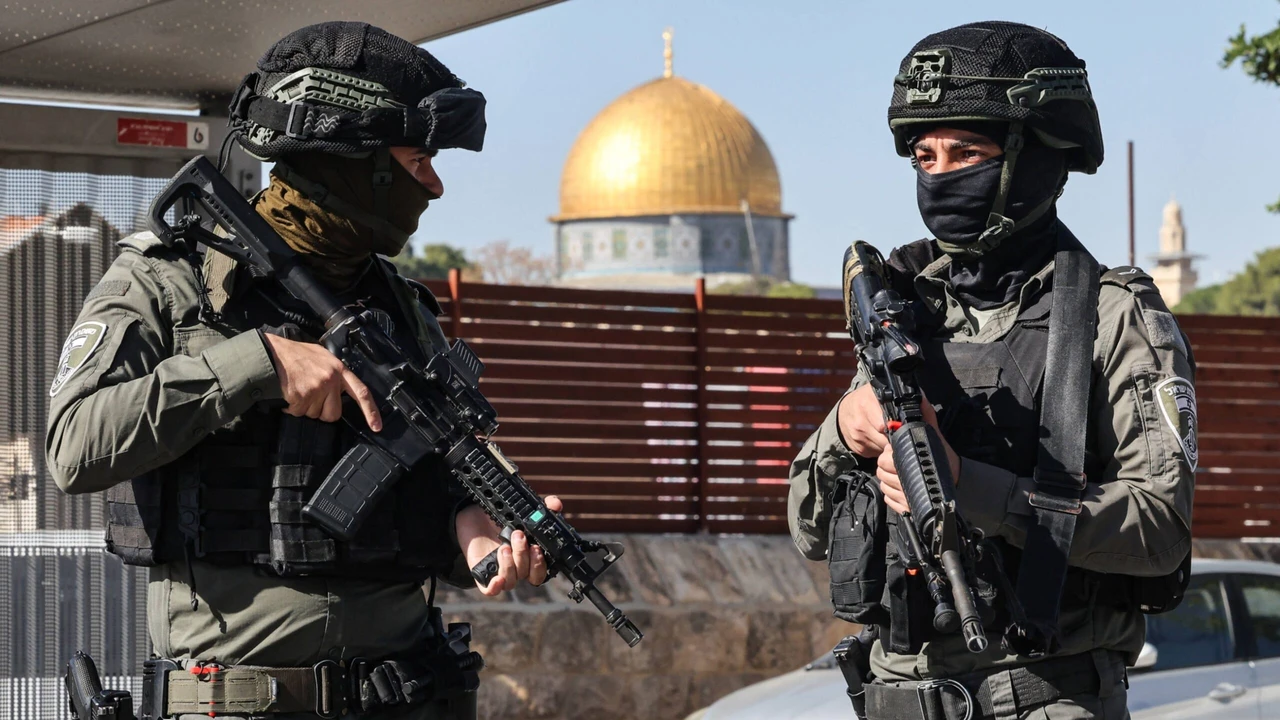EU, NATO urge probe into allegations of election irregularities in Georgia
 Supporters and members of the ruling Georgian Dream party attend a gathering at the party's headquarters after exit polls were announced during parliamentary elections in Tbilisi on October 26, 2024. (AFP Photo)
Supporters and members of the ruling Georgian Dream party attend a gathering at the party's headquarters after exit polls were announced during parliamentary elections in Tbilisi on October 26, 2024. (AFP Photo)
The European Union and NATO called for an investigation into claims of irregularities in Georgia’s parliamentary elections held on Oct. 26, as opposition leaders and President Salome Zourabichvili announced they would not recognize the results.
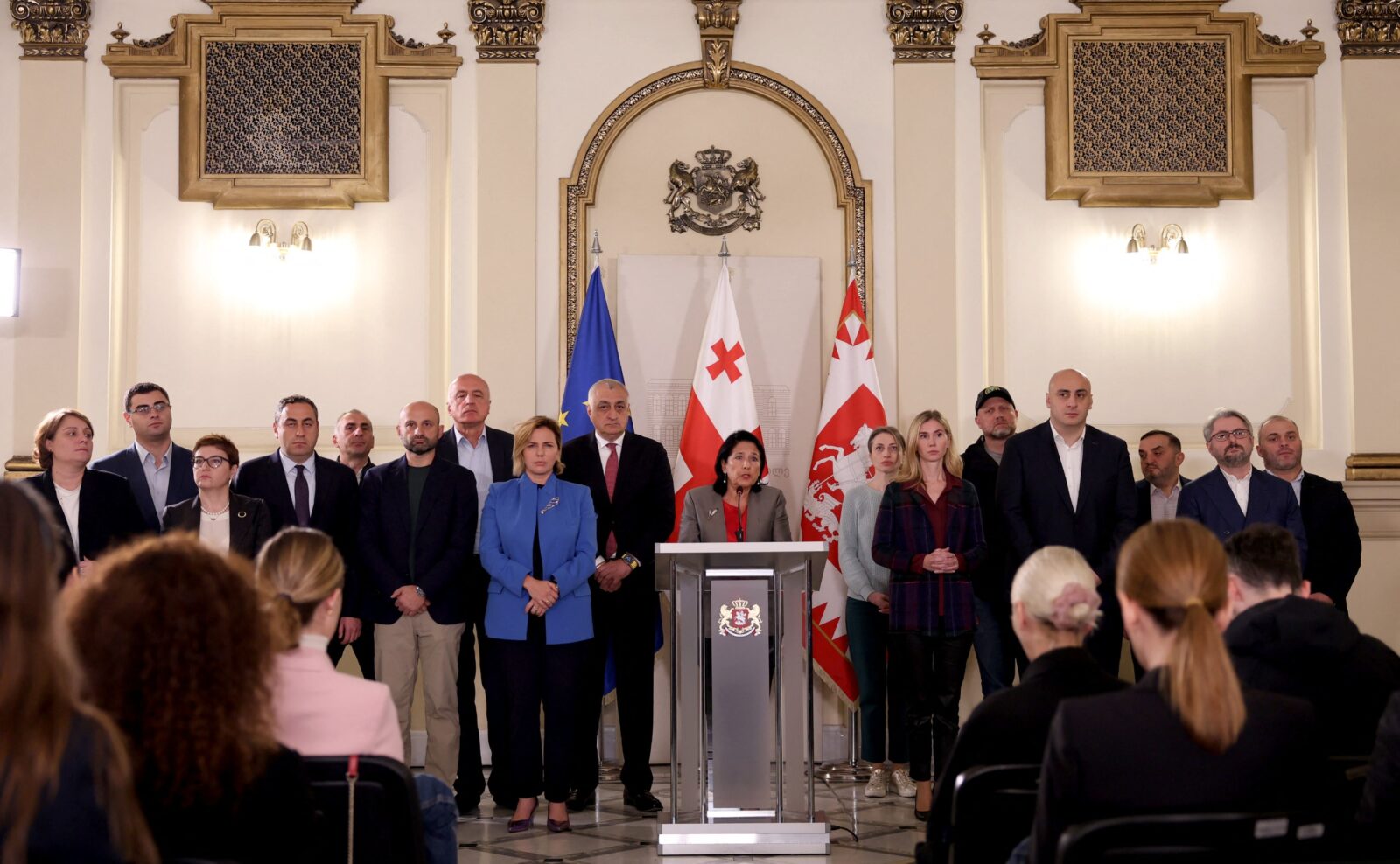
EU calls for transparent investigation
In a joint statement, EU High Representative for Foreign Affairs Josep Borrell and the European Council expressed their concerns about the conduct of the parliamentary elections in Georgia.
Citing initial findings from the Organization for Security and Cooperation in Europe (OSCE)-led International Election Observation Mission, the statement highlighted reports of breaches in voter secrecy, procedural inconsistencies, and alleged voter intimidation that “negatively affected public trust in the election process.”
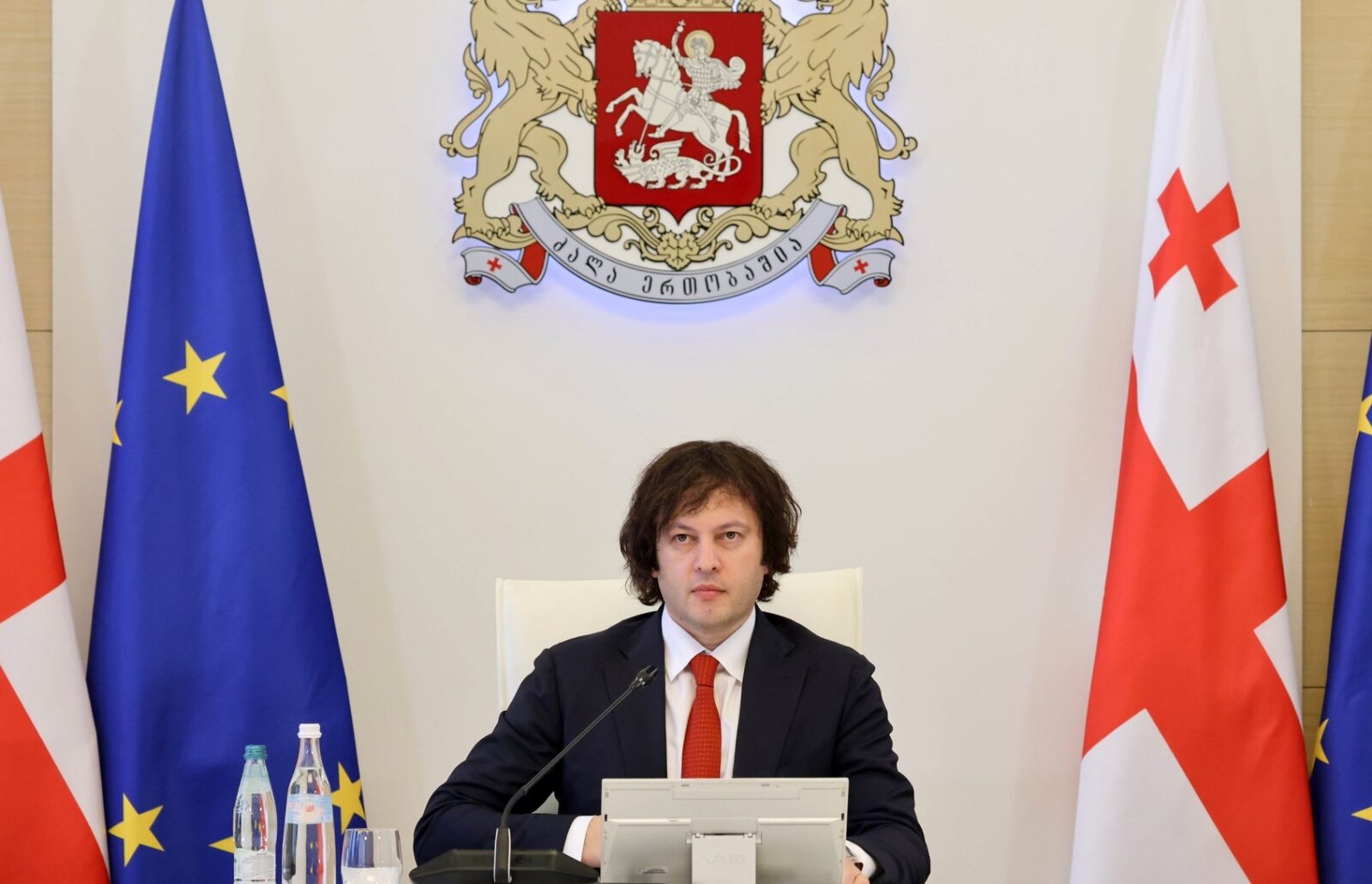
Election day was generally procedurally well-organised and administered in an orderly manner but marked by a tense environment, with frequent compromises in vote secrecy and several procedural inconsistencies, as well as reports of intimidation and pressure on voters that negatively impacted public trust in the process.
Reports of pressure on voters, particularly on public sector employees, remained widespread in the campaign. This, coupled with extensive tracking of voters on election day, raised concerns about the ability of some voters to cast their vote without fear of retribution.”
Moreover, election observers report an uneven level playing field, a divisive campaign in polarised atmosphere and significant concerns over the impact of recent legislative amendments on this election process.
Joint statement
The statement urged Georgia’s Central Election Commission and relevant authorities to investigate the claims of election irregularities “swiftly, transparently, and independently” to restore confidence in the electoral process. “These irregularities must be clarified and addressed to rebuild trust in the process,” the statement added.
The EU has been following the developments leading to the parliamentary elections closely. Over the past months, the people of Georgia have demonstrated their attachment to democratic values and their country’s EU path.
Joint statement
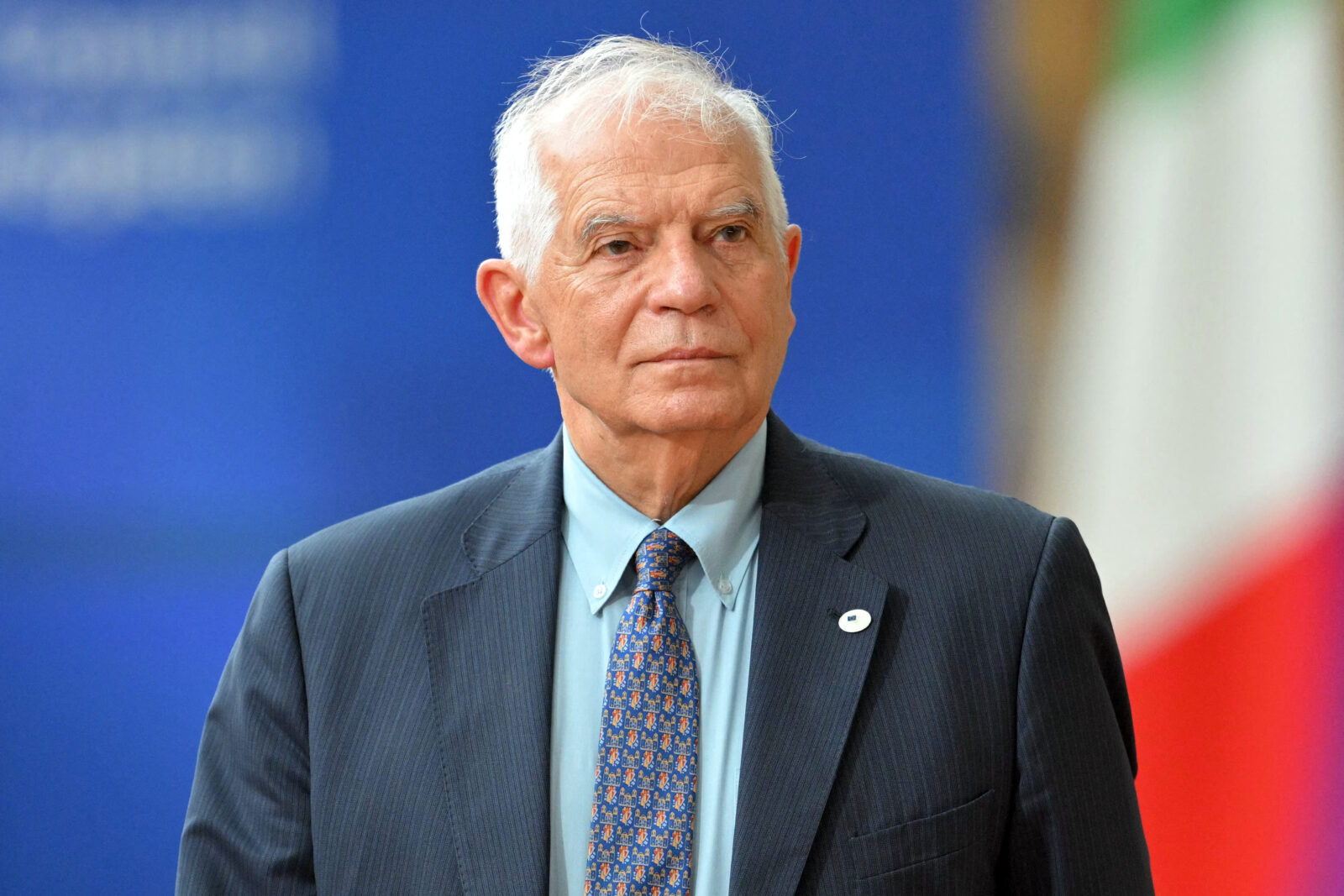
NATO echoes concerns over fairness of elections
NATO Spokesperson Farah Dakhlallah reinforced the EU’s concerns, noting that the election was held in an “unequal environment” that undermined public confidence in the results.
In a post on social media platform X, Dakhlallah stressed the need for a “comprehensive investigation” into the allegations.
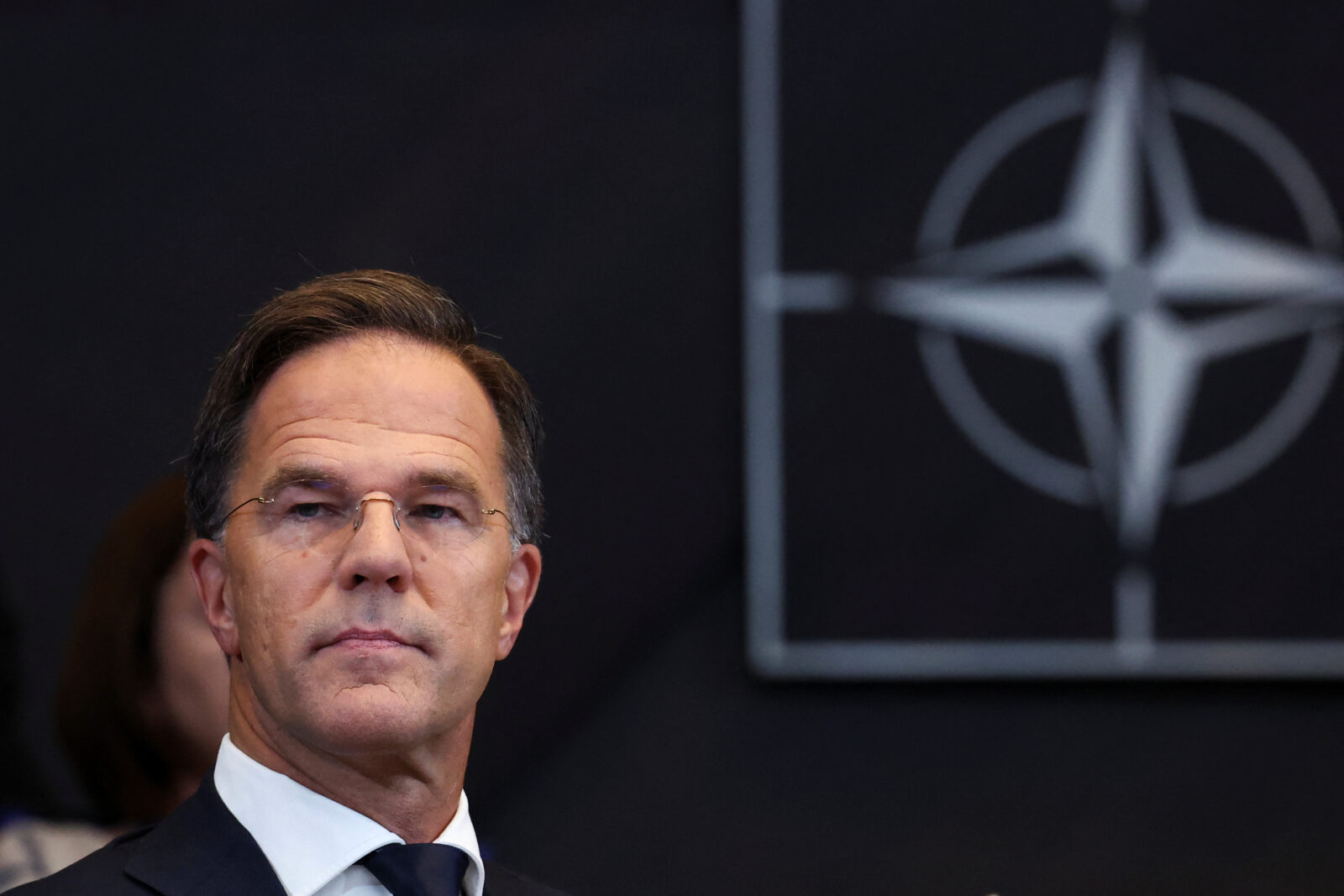
Election results and opposition rejection
Georgia’s ruling Georgian Dream Party secured 53.93% of the vote in the Oct. 26 parliamentary elections, according to the Central Election Commission.
The Coalition for Change came in second with 11.03%, followed by the Unity-National Movement with 10.16%, and Strong Georgia with 8.81%.
Georgian Opposition leaders and President Zourabichvili have rejected the election results, claiming they were the result of a “Russian special operation.” Zourabichvili stated, “As the last independent institution in this country, I must clearly state that I do not recognize these elections.” She added that recognizing the results would be akin to legitimizing “Russia’s takeover of Georgia.”
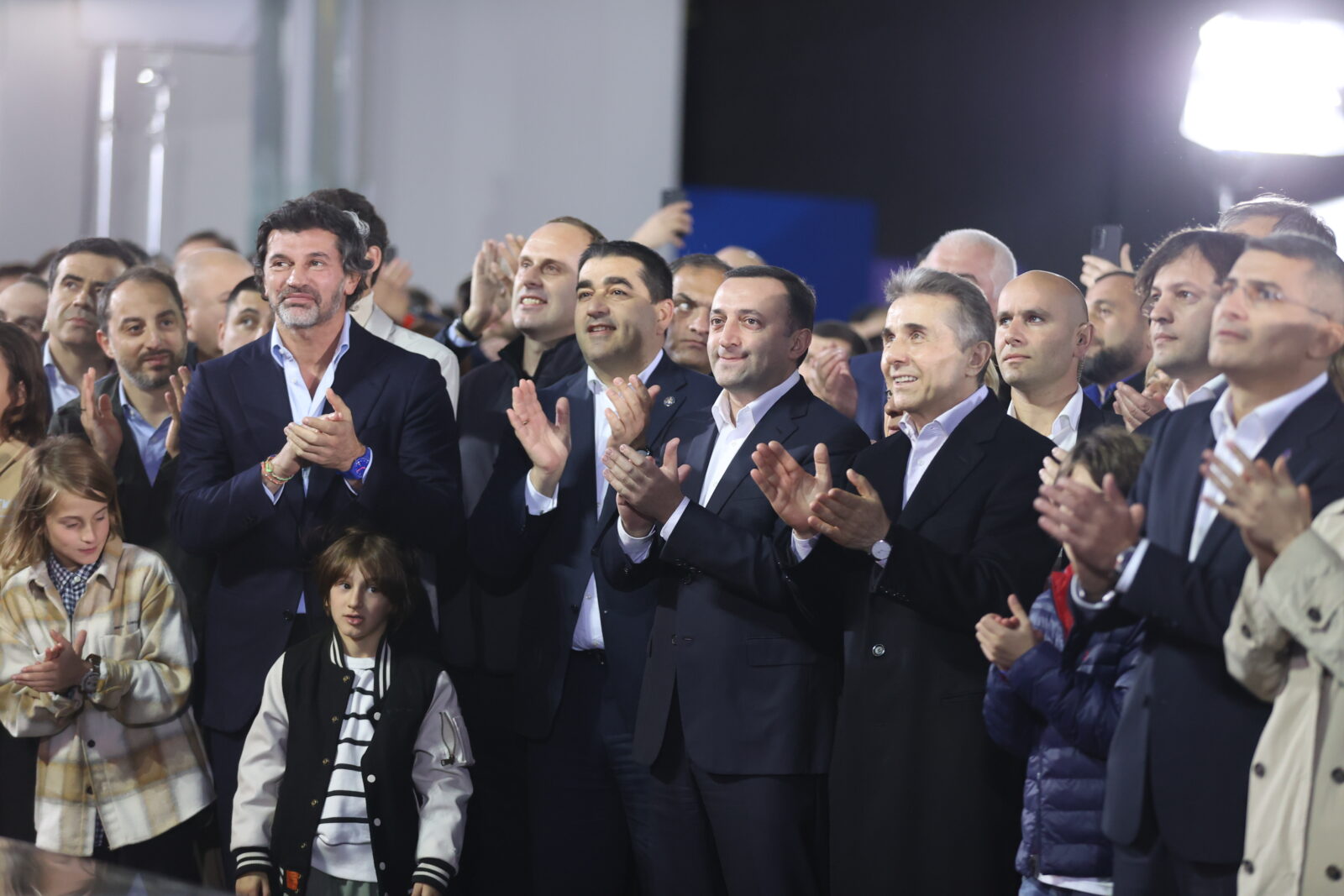
Kremlin rejects interference allegations
The Kremlin, in response to Zourabichvili’s claims, firmly denied any involvement in the Georgian elections. Kremlin spokesman Dmitry Peskov said, “We resolutely reject such accusations. There was no interference, and the accusations are absolutely unfounded.” Peskov suggested that efforts to destabilize Georgia came from “European forces, not Russia.”
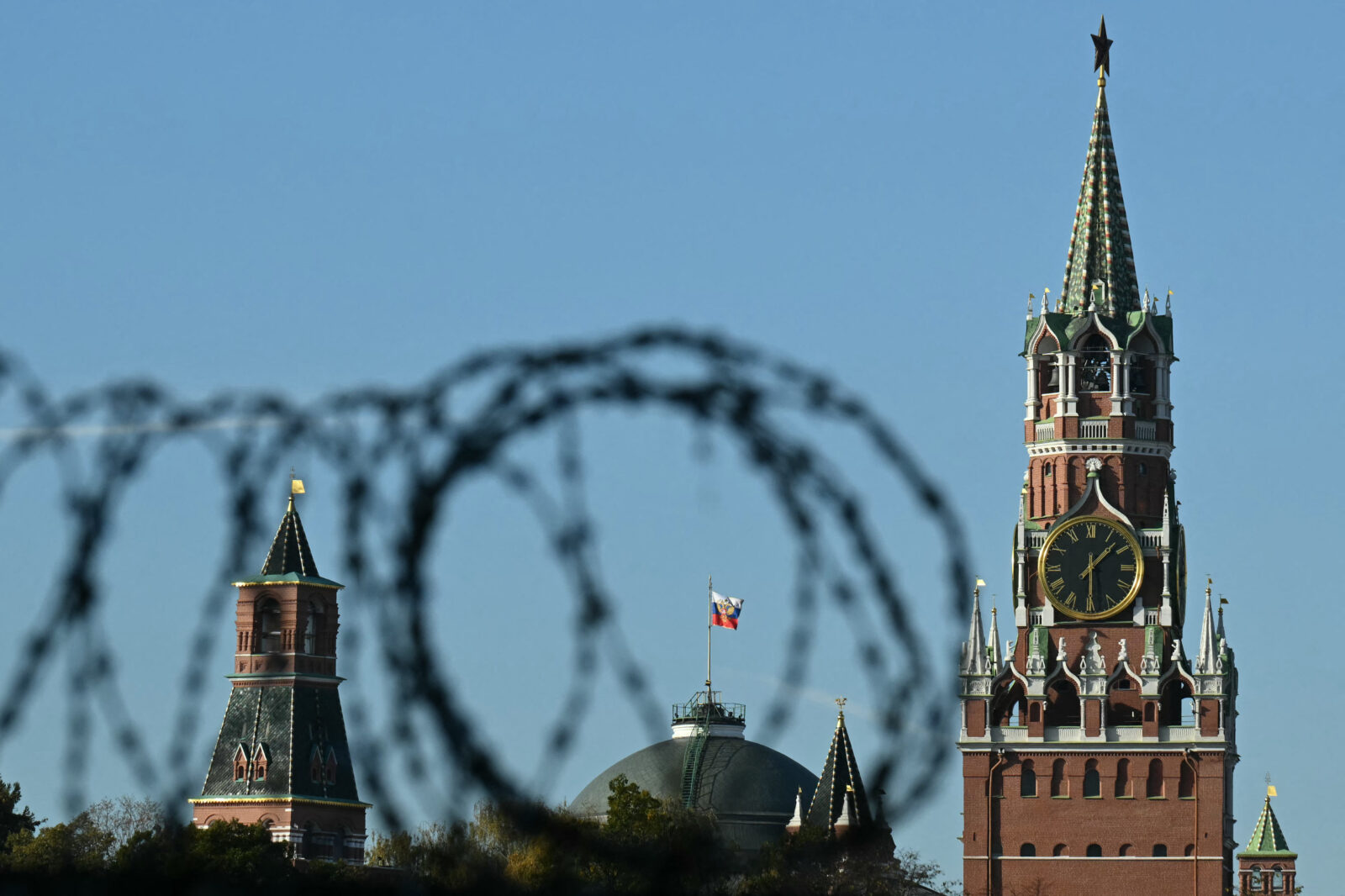
Both the EU and the U.S. have also called for a thorough investigation into the election process in Georgia. The U.S. has echoed concerns over reported irregularities, emphasizing the need for accountability to uphold democratic principles.


